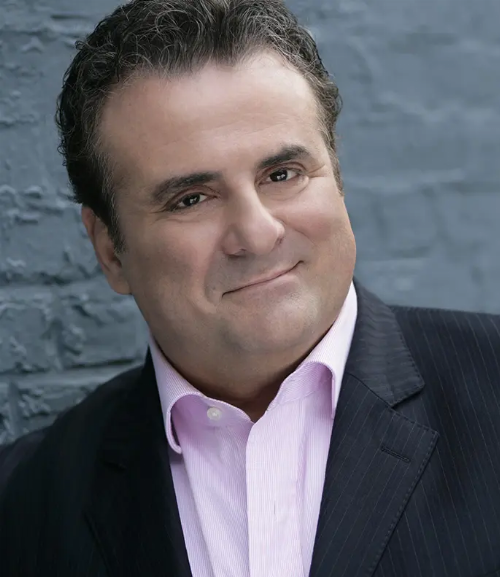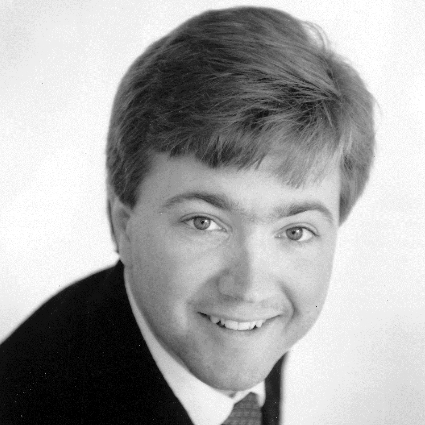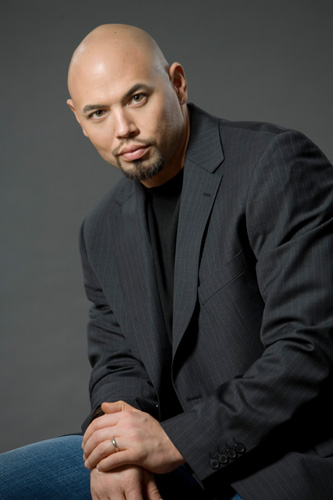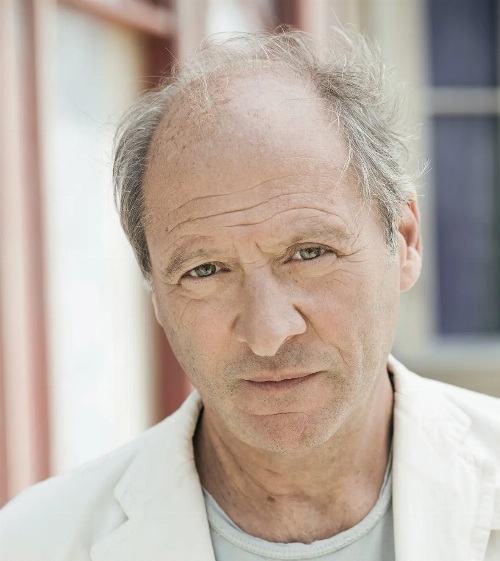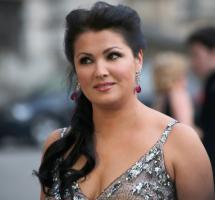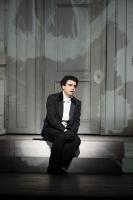La fanciulla del West is an opera by Giacomo Puccini based on the 1905 play The Girl of the Golden West, a melodrama set in the Californian gold rush by the American playwright David Belasco. The opera and play tell the story of Minnie (the Girl of the Golden West) as she struggles against the long-arm of the law to save the life of the man she desperately loves.
The opera opened at the Met on December 10, 1910 and this production therefore celebrates its centenary. Puccini created the roles of Dick and Minnie for Enrico Caruso and Emmy Destinn, who were two of the biggest stars of the Met at the time. Arturo Toscanini conducted, calling the work “a great symphonic poem”. The production was extremely well received by audiences; at the first performance, Puccini received fourteen curtain calls after the first act, nineteen curtain calls after the second act, and twenty after the finale. Puccini himself declared the opera to be greatest composition of his career as a composer.
However, critical reaction was less than enthusiastic especially in the U.S., where critics found the Puccini failed to capture the essence of the American West. After the New York opening, the opera was widely performed internationally with mostly positive reactions from audiences, but the critical reaction was again mostly negative. Probably because of this, performances started to become less frequent and the opera became less popular than some of Puccini's other works. Today it is still performed, but less frequently than some of Puccini's other operas: Tosca, Madama Butterfly, etc.



